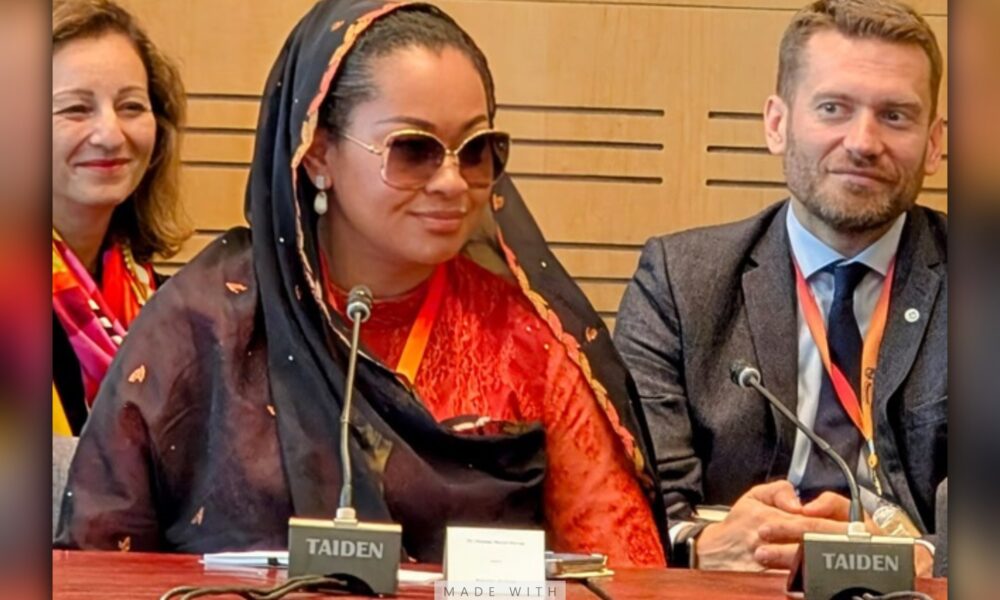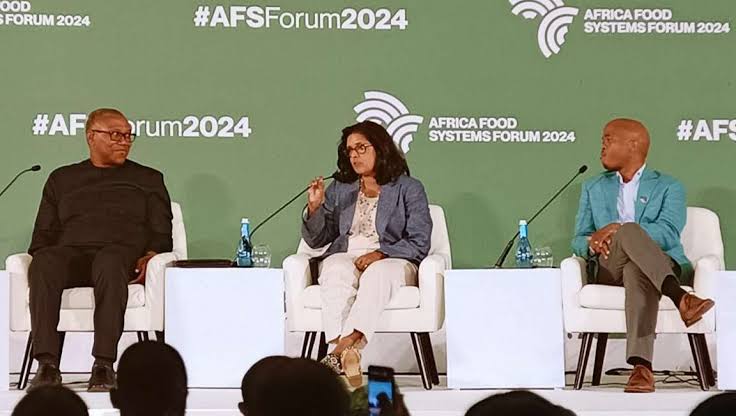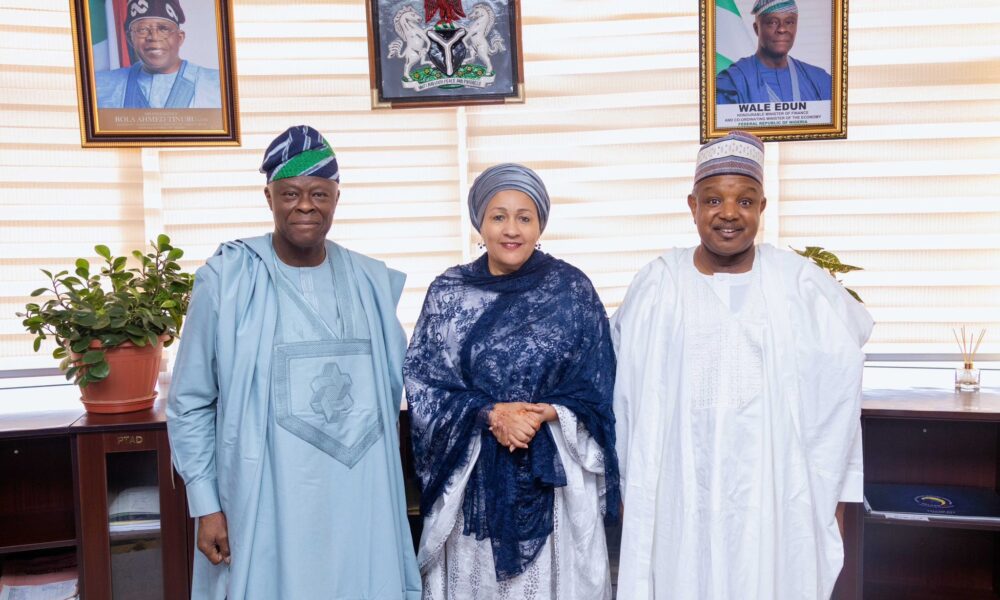The senator representing Kogi Central in the National Assembly, Senator Natasha Akpoti-Uduaghan, has called on African leaders to make financing energy innovation a top priority in order to secure the continent’s long-term growth and self-sufficiency in the energy sector.
Speaking at the ongoing African Energy Week conference in Cape Town, the Senator emphasized the importance of increasing local investment in energy technologies, which she sees as key to breaking Africa’s dependence on foreign imports and expertise. Her comments align with the International Energy Agency’s goal of doubling Africa’s energy investment to $200 billion annually by 2030—an investment that will help meet the continent’s climate targets while addressing its growing energy needs.
“Africa must take charge of its own energy destiny. The only way we can transform from being a continent that is exploited to one that leads in energy production is by driving innovation from within,” said Senator Akpoti-Uduaghan. “We need to prioritize research and development that produces technologies made on African soil. That way, we can keep the money that would have been spent on importing foreign equipment and experts within our own economies.”
The Senator’s remarks came during a panel discussion at the high-profile event, which is bringing together energy leaders, policymakers, and investors from across the continent to discuss the future of Africa’s energy sector. This year’s theme, “Financing Technical Innovation for Africa’s Energy Future,” highlights the need for investment in sustainable energy solutions, local manufacturing, and infrastructure development to support the continent’s rapid population growth and rising energy demand.
The call for greater local innovation in the energy sector is closely tied to the formation of the **Africa Energy Bank**, an initiative spearheaded by the African Petroleum Producers Organisation (APPO). The bank, which is set to launch in mid-2025, is designed to help reduce Africa’s reliance on foreign financing for energy projects, promote regional energy integration, and empower local economies by supporting homegrown energy businesses.
Senator Akpoti-Uduaghan applauded the establishment of the Africa Energy Bank, which she believes will play a critical role in financing African energy projects and encouraging the development of local technologies and expertise.
“This is a huge step in the right direction for Africa,” she said. “The Africa Energy Bank will help us take control of our resources and our energy future. By investing in energy innovation within the continent, we can create jobs, foster economic growth, and reduce our reliance on external funds and expertise.”
As part of her broader advocacy for energy independence, Senator Akpoti-Uduaghan has long pushed for policies that promote local content in Nigeria’s oil and gas industry. She reiterated the importance of strengthening African economies by focusing on local capacity building, technology development, and reducing the continent’s dependency on foreign investors.
“The future of Africa’s energy industry lies in local production and innovation,” she said. “We must stop seeing ourselves as merely consumers of technology, and instead, become the producers. Our research and development must focus on creating technologies tailored to the African context, ensuring we meet our energy needs sustainably.”
The African Energy Week conference has brought together policymakers, energy companies, and investors to address the continent’s energy challenges and explore solutions for transitioning to cleaner, more sustainable energy sources. One of the key goals of this year’s event is to increase investment in renewable energy technologies, as well as in oil and gas projects that can meet both Africa’s energy needs and its climate goals.
With global attention on Africa’s energy sector, Senator Akpoti-Uduaghan’s call for increased investment in local innovation resonates strongly, especially as the continent faces the dual challenges of expanding energy access while also addressing climate change. The proposed Africa Energy Bank is seen as a critical part of this strategy, helping Africa to finance its own energy future while empowering its communities and industries.
As discussions continue at the African Energy Week, the focus remains on how Africa can unlock its full energy potential, reduce reliance on foreign funding, and create an energy infrastructure that benefits all Africans. With the establishment of the Africa Energy Bank and a growing commitment to energy innovation, the continent is poised for a transformative shift in its energy landscape.
Senator Natasha Urges African Leaders to Invest in Energy Innovation for Continent’s Growth




